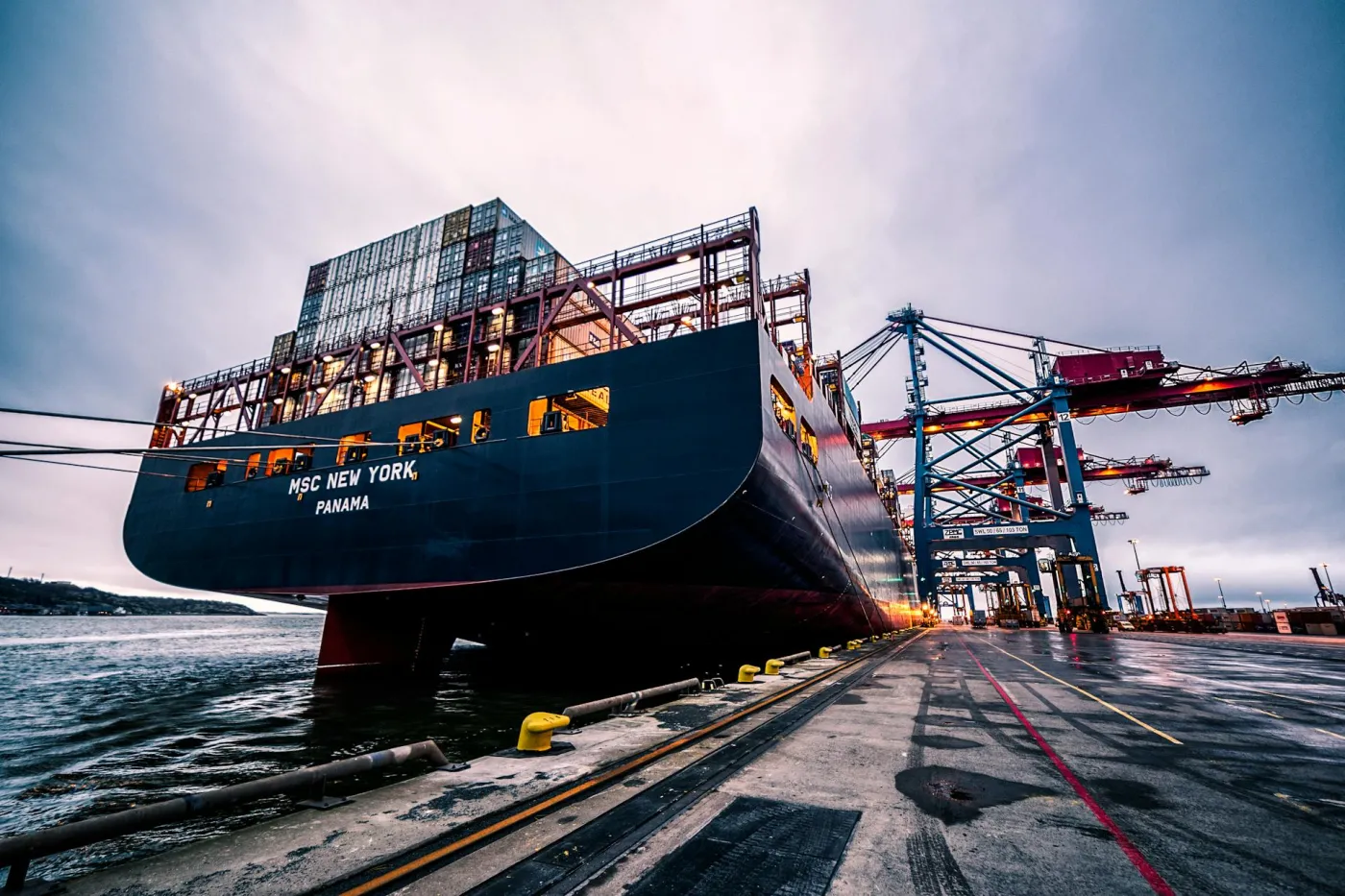Every 4th Shipment Faces Increased Inspections and Classification Errors: How U.S. Measures Impact European Business Operations

The customs policy of the Trump administration continues to have a lasting impact on European exporters and their business activities in the United States. Due to unpredictable regulations and abrupt political changes, companies are postponing new projects, with some shifting investments to neighbouring countries or completely reconsidering their strategy for entering the American market.
BusinessEurope, the largest European employers’ confederation, in cooperation with national federations such as the Confederation of Industry of the Czech Republic, conducted a survey on the factors that affect doing business in America in September. More than 340 European companies of different sizes and sectors were surveyed, which provided a robust sample and yielded valuable insights.
Despite all the difficulties they encounter in the US market, over two thirds of surveyed European companies consider the US as one of their main export or investment destinations. However, tariffs reaching up to 50 percent have led to a fundamental loss of competitiveness or even a complete market exit for some European exporters. More than 70 percent of businesses reported that these tariffs have adversely affected their operations. Complicated customs procedures, recurring demands for documentation of material origin, frequent misclassifications by US authorities, and environmental uncertainty all greatly hinder business planning and increase the cost of trade.
Section 232 plays a crucial role, imposing tariffs on steel, aluminium, copper, and related products, which greatly complicates exports. Almost half of the exporters say they were especially impacted by this measure and - given the potential for further expansion under the Trump administration - it remains a key source of instability. Major challenges for exporters include the risk of losing US customers due to increased prices and preference for non-European suppliers, as well as the inability to invest in new projects amid market uncertainty and volatility, and the costs of maintaining compliance with US regulatory rules and customs regimes.
Immediate remedies should include negotiating the removal or, at least, stabilization of Section 232 tariffs, advocating for simplified customs processes especially for components and machinery, and strengthening international cooperation on standards and regulations. BusinessEurope, together with key European associations, continues to monitor the situation.
Although direct Czech exports to the United States are relatively limited (accounting for only 2–3% of total Czech exports), U.S. tariffs have a negative impact on our companies indirectly through re-exports via other EU Single Market countries, particularly Germany.
Should your company experience any issues or difficulties with the U.S. customs authorities that you would be willing to share with us, please contact the Director of the International Relations Section, Mr. Lukáš Martin at: lmartin@spcr.cz. Thank you in advance for your cooperation.
Detailed results of the BusinessEurope survey are available below. ⇣⇣⇣